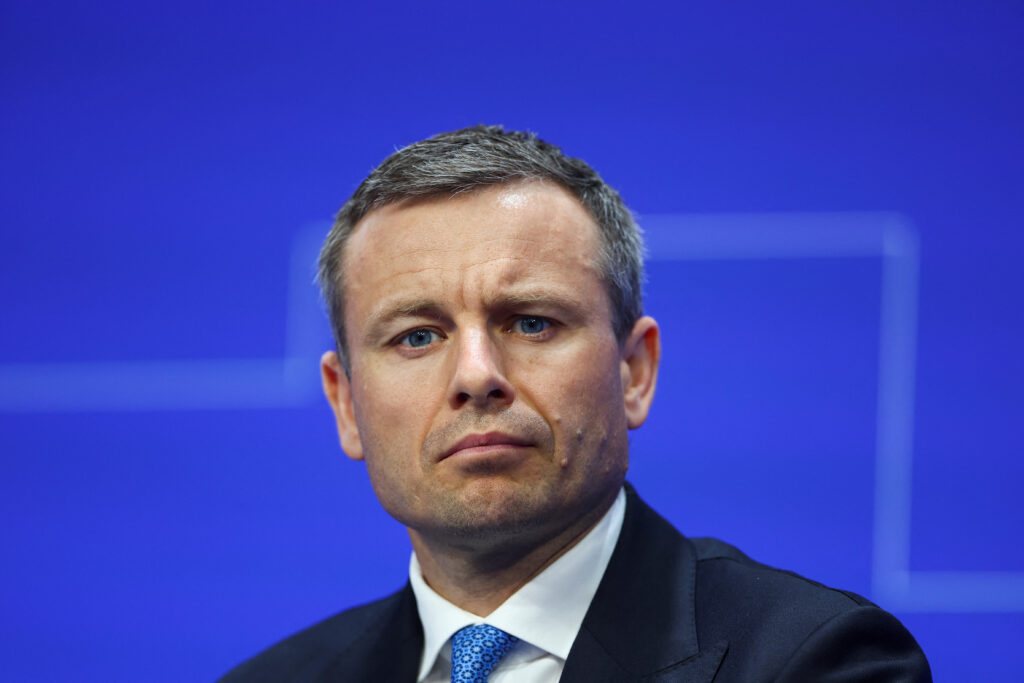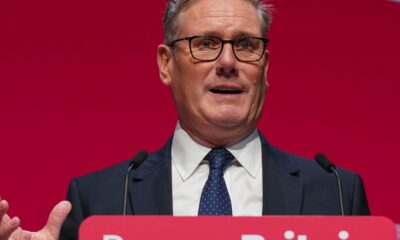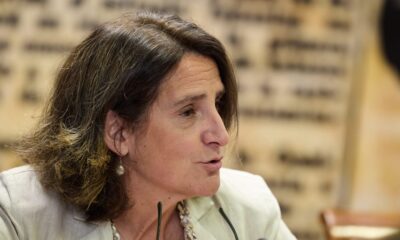EU Affairs
ECB’s Šimkus backs EU plan to mobilize Russian cash for Ukraine’s defense

This post was originally published on this site.
“Wouldn’t we end up with an outcome that creates more risks for the euro?” he said, adding that while the security of property rights are important to the creation of a global reserve currency, so are many others, such as capital markets depth, geopolitical uncertainty and the institutional ability to evolve by implementing reform. “We can’t focus only on one aspect.”
Pressing need
Kyiv’s capability to defend its territory is increasingly dependent on outside financial help, its coffers drained by three and a half years of fighting its bigger, richer neighbor. Kyiv formally requested a new program with the International Monetary Fund earlier this month and the two sides are currently thrashing out the details of how it might look.
Last week, Bloomberg reported that the IMF estimates it will need $65 billion to get it through to the end of 2027. Ukrainian Finance Minister Serhiy Marchenko said recently that the country needs between $150 billion and $170 billion in external financing to keep going for the next four years. The IMF is likely to fund only a small part of that.
“It’s important that Europe finds ways to provide resources to Ukraine to defend its freedom and its country, [even] through the seizure of Russian assets,” Šimkus said.
At their meeting in Copenhagen on Oct.1, EU heads of government will discuss how to contribute to Ukraine’s war effort. According to a draft obtained by POLITICO, the European Commission has floated the idea of swapping €140 billion of Russian cash held by Brussels-based clearing house Euroclear with zero-coupon bonds issued by the EU. The cash would then be loaned out to Kyiv in tranches.
Germany’s Chancellor Friedrich Merz gave the thumbs up to the idea in an op-ed published Thursday by the Financial Times — although he said that the loan should only finance military aid.
Šimkus said the decision of what to do with the money is in the hands of politicians, but he welcomed the Commission’s attempt to break the impasse on one of the thorniest problems since the beginning of the war.
Finally, he said, “there is a real step forward.”













